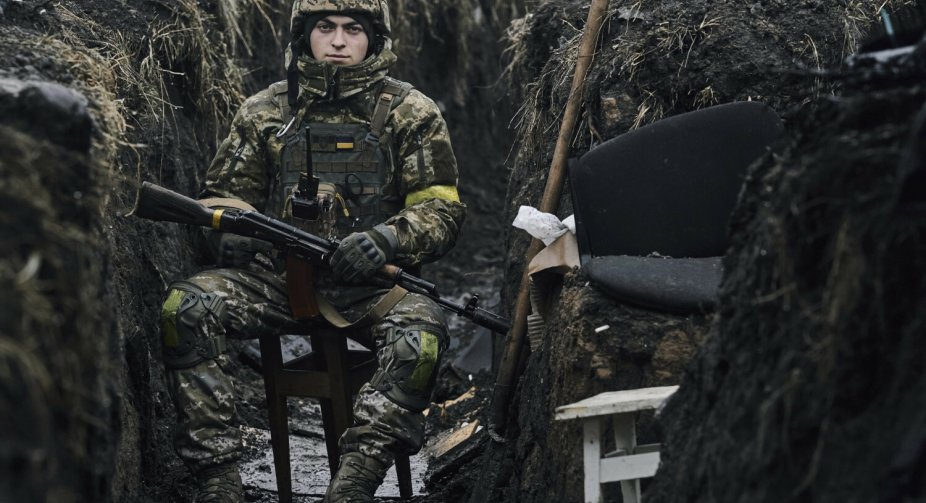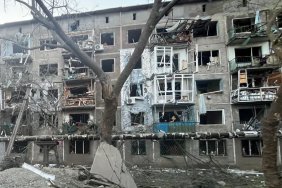Russia is preparing for a new major offensive at the front. The Economist writes about it. According to the publication, it may begin closer to summer, when the ground dries up after the spring off-road.
"And Ukraine's ability to hold back its onslaught looks far less certain now than it did a year ago. That's why it urgently needs to mobilize more troops and build a more reliable line of defense," the publication writes.
According to The Economist, the "deadlock" on the allocation of American aid risks allowing Russia to break through Ukraine's "inadequate" defense lines.
"However, Ukraine cannot simply blame its allies. It is also guilty of mistakes. One of them is the failure to replenish the army with manpower. Russia is preparing for a new wave of mobilization, hoping for the next big success. But in Ukraine, attempts to recruit new recruits are still stuck in the coils of the democratic process. Lacking money and fearing unpopularity, President Volodymyr Zelensky did not try too too hard to achieve the result," The Economist writes, referring to problems with mobilization and the delay in the Rada's adoption of a law to strengthen it.
According to the journalists, Ukraine's construction of fortifications is taking place "with great delay".
"To some extent, this is understandable. The government is still dreaming of a new counteroffensive and is terrified that the current front line could turn into something very similar to a border that cuts off a fifth of the country and deprives it of most of its access to the sea. The idea that this line could become the basis for future peace talks is exactly what Zelensky wanted to avoid. But the danger is so great now that this (fixing the current front line) is the least bad option for Ukraine. In recent weeks, the excavators have started moving, and the dragon's teeth are already coming through. It should have started much earlier. Pray that it is not too late," the publication concludes.






